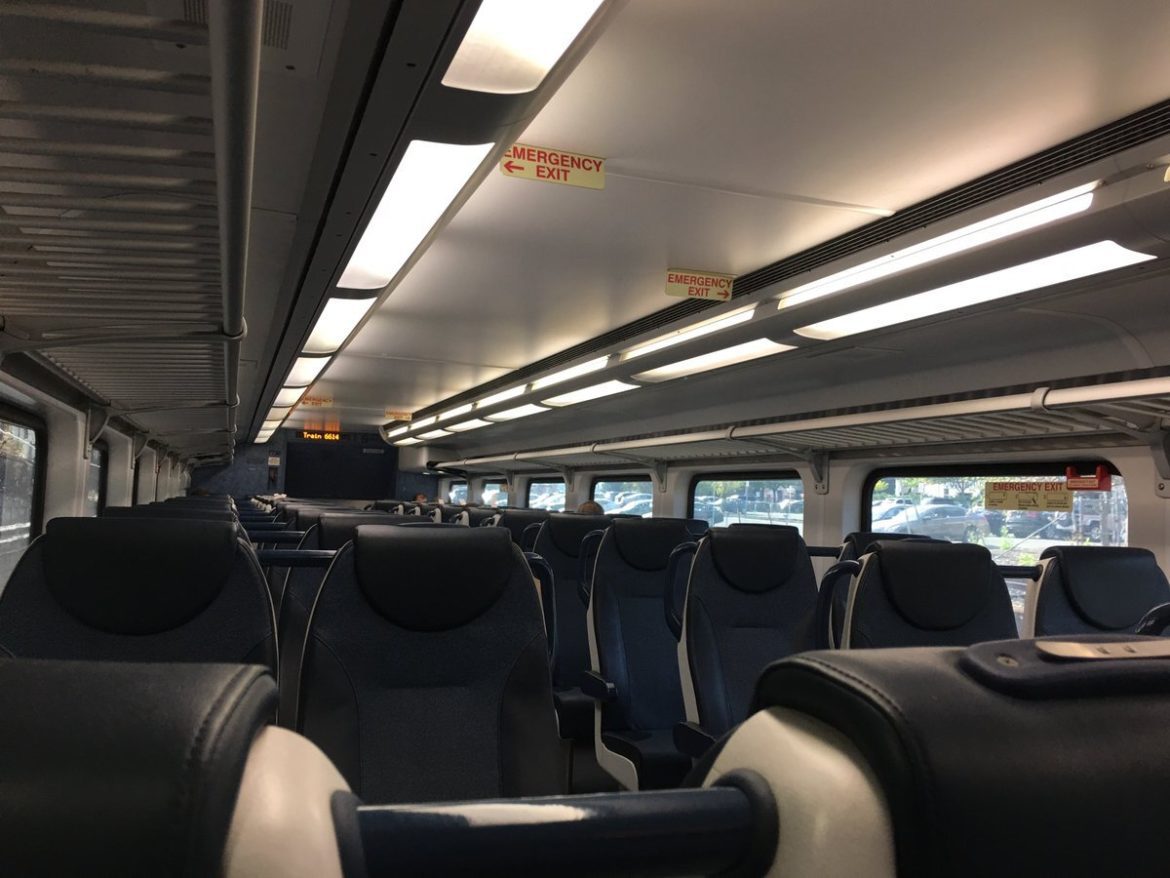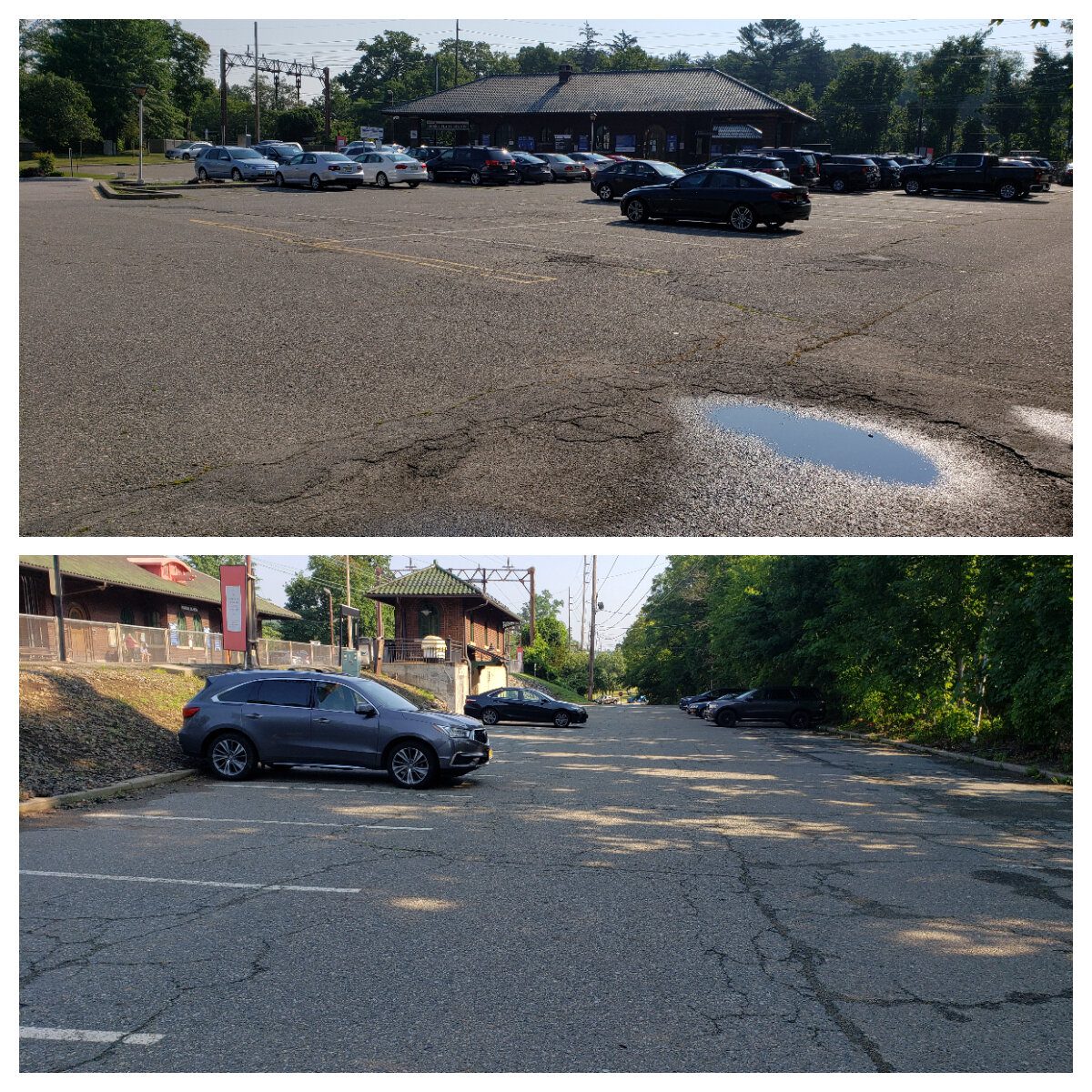Transportation, GOVERNMENT THAT WORKS
The “Same Old Thing” is Not Acceptable for NJ Commuters – GSI

By William J. Smith, GSI Staff
“The price of doing the same old thing is far higher than the price of change.”
Those words, spoken by former President Bill Clinton in a 1993 address, could very well be directed to our state’s public transportation monopoly – NJ Transit, which refuses to plan for, let alone adjust to, the shifting demands and future needs of our state post-COVID.
In public documents and statements, NJ Transit’s leadership continues to project a gradual return to normalcy, with 60% ridership by the end of this year, 75% in 2022 and ultimately, to 100% of pre-pandemic ridership levels in 2023. What sources those projections are based on remains out of public view.
Since the earliest days of the pandemic, GSI has been among the loudest voices calling for structural reform of the agency to be tied to federal aid and a recent op-ed from our president, Regina Egea, questioned the plan to divert toll revenues to underwrite NJ Transit’s failures.
Wall Street Journal, 7/6/21
This week, the Wall Street Journal’s CFO Journal published a startling report that shows office occupancy rates in the New York metro region at 20%, a fraction of their pre-pandemic levels, as many large companies take steps to reduce their commercial real estate costs by keeping more of their employees working from home, or in hybrid arrangements.
The Journal quoted the CFO of Affirm, a Bay Area tech company with 1,200 employees who noted “Covid changed everything, and we became a remote-first company.” While it is likely that most companies will require many employees to report to offices in cities like New York and Philadelphia, firms from industries like IT and finance have already announced plans to allow a substantial number of employees in remote-work arrangements.
The NJ Transit Morris Plains Daily Lot (top) and Monthly Permit Lot, 7/7/21
Take a ride by any NJ Transit rail station and you will see parking lots sitting mostly empty, where just over a year ago, many commuters endured lengthy wait lists for a coveted monthly parking permit and finding a “daily spot’“ was a pipedream after 7:00 am.
On a recent 9:00 am weekday visit to the Morris Plains Station (left), located on the Midtown Direct Morris & Essex Line, we found just 39 cars parked in a daily lot designed for 117 vehicles. More strikingly, we found only 5 cars in the monthly permit lot with a capacity of 76. Pre-COVID, NJ Transit reported 600+ passengers utilized the station daily.
Yet NJ Transit continues to run nearly empty trains to Penn Station as if it were still February 2020.
Why? Because, as a monopoly, it can.
Flush with billions in federal operating aid, and a massive diversion of funds from the recent Parkway and Turnpike toll increases, NJ Transit has been immune from so many of the difficult decisions that many families and small businesses have been forced to make in the last year.
So, what should NJ Transit have been doing?
Following GSI’s virtual forum on post-COVID transportation priorities, we issued a series of recommendations to keep enhance the agency’s customer experience, while moving towards a more sustainable financial future:
-
Transit service must evolve from an “everyday essential service” to an “amenity-based experience” for its survival.
-
Acknowledge a new balance of urban/suburban ridership as work arrangements and schedules evolve.
-
Prioritize expenses to invest in improved customer service.
Since that event, the status quo has prevailed and NJ Transit is stuck in reverse, providing services for a pre-COVID world, failing their farepayers and taxpayers.
NJ Transit’s next Board of Directors meeting is scheduled for July 21st at 6:00 pm. There’s no irony lost in the fact that the meeting will be held virtually, with no attendees riding the agency’s services to its headquarters adjacent to Newark Penn Station. The Board and NJ Transit senior leadership should take the opportunity to invite representatives from our region’s largest employers to testify on what their plans are for the years ahead and how the agency can be most responsive to their needs, rather than continuing to act as if nothing has changed.
NOTE: The author was employed as a Senior Public Information Officer at NJ Transit from 2013-2015.


